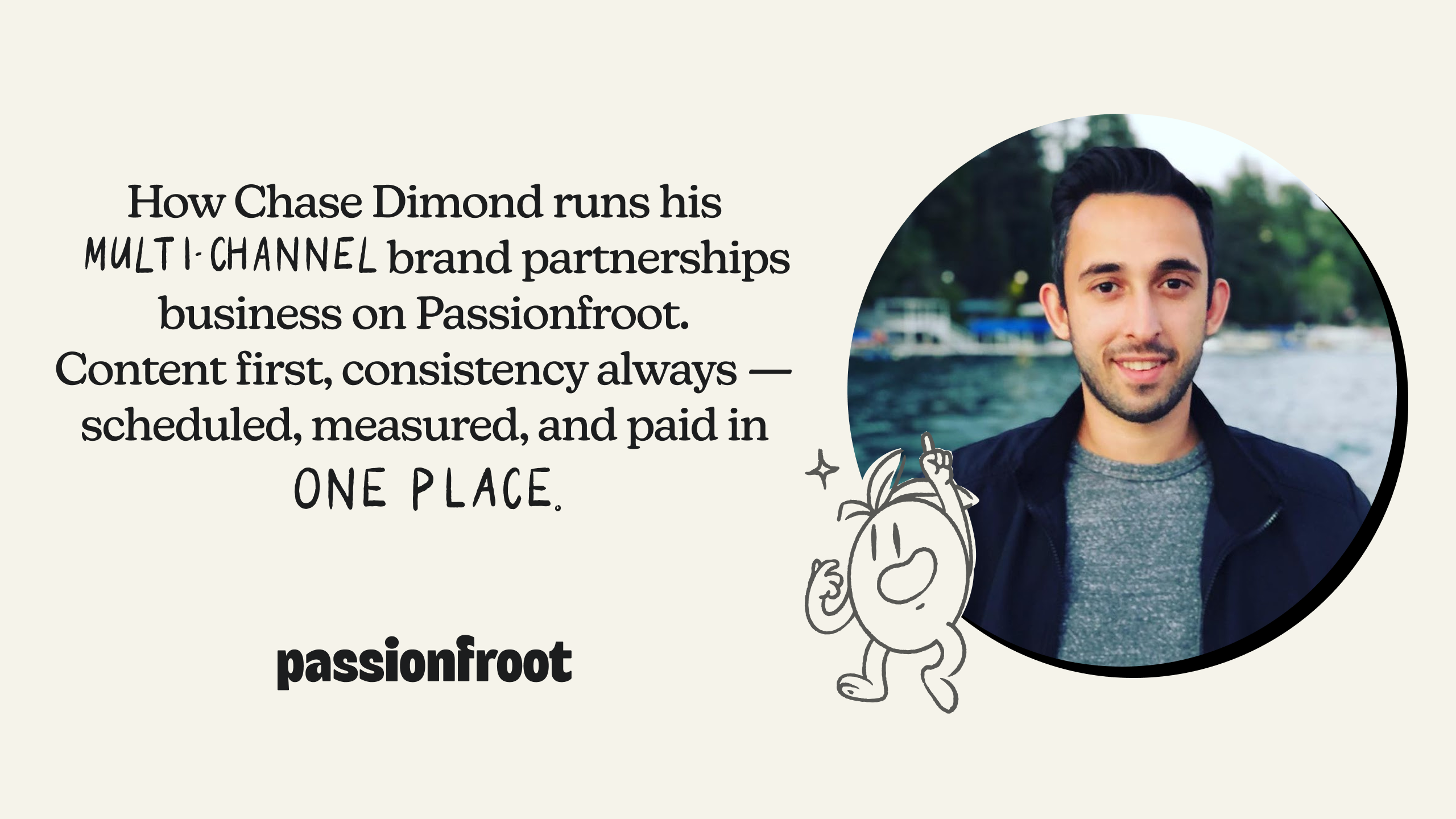.png)
Storytelling is a fundamental skill for any creator.
In this article, we're going to cover
- why storytelling is crucial for creators
- the art of storytelling
Let's dive in.
Why storytelling is crucial for creators
No matter your age, background, or experience, telling stories can help you as a creator
Your audience better understands you
Stories let us share information in a way that creates an emotional connection. They help us to understand ourselves and each other.
In this video, Ali Abdaal uses the Parable of Pottery class story to help creators understand why striving for quantity is better than quality. It’s a contextual bridge that allows audiences to grasp ideas better.
You have a stronger influence
Influencing isn't about having an aesthetic feed on social media. Instead, it's about sharing a voice with those who need it.
There's scientific evidence to suggest that stories influence people's behaviors. This happens when our brain releases the hormone oxytocin when we listen to stories. It make the storyteller seem more trustworthy, generous, and compassionate.
Stand out when solving problems
Full-time creators are professional problem-solvers.
They get paid to solve people's problems no matter how small the "problem" is.
Marie Poulin and Daniel Canosa both build businesses around Notion, but their stories are different. Marie Poulin solves the problem of "I don't know how to use Notion as a busy business owner." Meanwhile, Daniel Canosa solves the problem of "I don't know how to automate my business as a small business owner.'
Even though they're solving a similar problem, it’s their stories that make them stand out.
Some people might be drawn to Marie's work because of her relatable story as a female business owner. Similarly, Daniel's background may attract engineers who want to become small business owners.
No matter how competitive the creator economy is, your story helps you stand out as a creator.
The art of storytelling
Storytelling is an art. There’s no magical formula.
However, there are common grounds for what makes a good story.
Good stories are engaging
Good stories grab your attention from the very beginning.
Janis Ozolins, a visual storyteller, uses 2 principles when telling a story. The first principle is speed, which answers the question, “do your friends and family get it right away?” when you show your work. The second principle is clarity, ensuring your audience understands what you’re trying to say.
He says, "If you want to stand out, you have to be fast with your ideas, especially if you have low credibility."
When you follow these two principles, you naturally create engaging content.
Good stories evoke emotion
Good stories make an audience feel something. I’m sure you’ve experienced this firsthand with your favourite books, movies, and music:
- They make you feel inspired and motivated.
- They make you feel more confident about our knowledge as an expert teaches us
- They might even make you cry as you feel deeply for something
Storytelling is at the core of each, no matter what medium you use.
When your story has emotions involved, you can create a deep connection with the receiver of your content.
Good stories make you curious
When you tell a story, it allows the other person to reflect on themselves, making them curious.
Dan Koe wrote an article called, "How I Remember Everything I Learn", and he starts the article with a story,
"As an 18-year-old that got arrested for smoking pot in a college parking garage, I took a chance on reading The Power Of Now by Eckhart Tolle."
As a reader, you're suddenly curious about this person. You're probably thinking, what does being arrested have to do with remembering what you learn? You can't help but read the rest of the article out of sheer curiosity.
Good stories are relatable
When your story is relatable, it acts as a mirror for the other person.
Niklas Christl created a video called "How To Take Back Control Over Your Life" with 8.2 million views. In this video, he addresses most people's problems in today's era: "I spend too much time chasing dopamine like social media notifications, junk food, video games, and I don't know how to stop." This is something most people can relate to so when he shares his 7-day experiment of removing all dopamines in his life, it creates a sense of inspiration and motivation for the viewer.
Relatable stories make people understand their situation better, which helps change behavior.
For more storytelling tips and finding your voice as a creator, listen to the conversation with Janis Ozolins.




.avif)